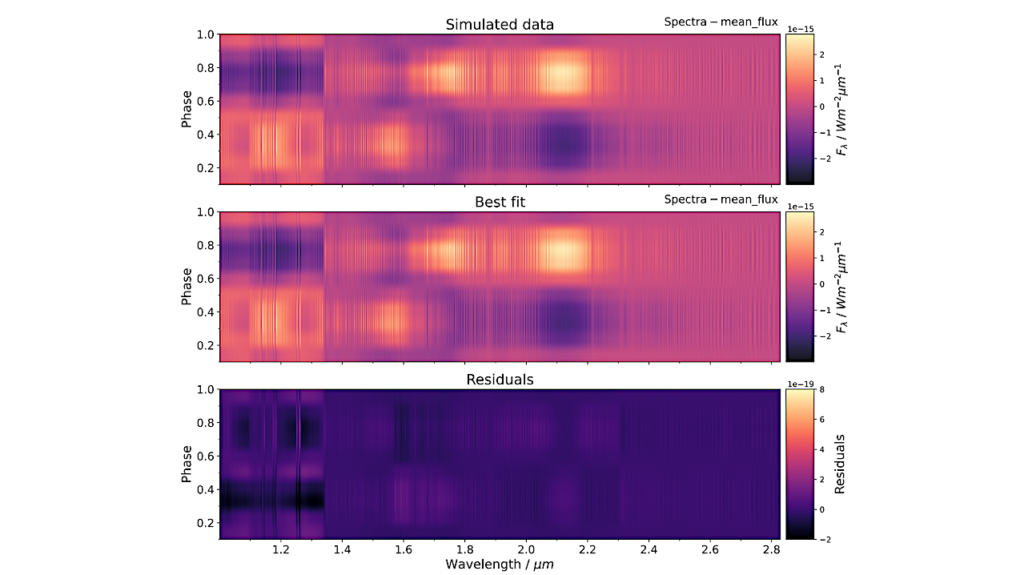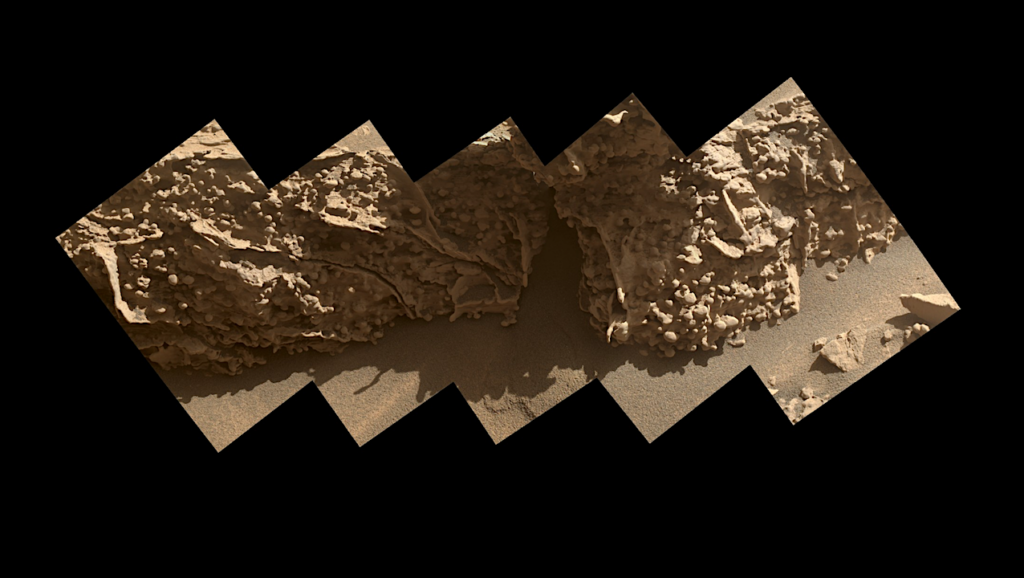Heating of the Atmospheres of Short-orbit Exoplanets by Their Rapid Orbital Motion Through an Extreme Space Environment

Exoplanets with short orbit period reside very close to their host stars. They transition very rapidly between different sectors of the circumstellar space environment along their orbit, leading to large variations of the magnetic field in the vicinity of the planet on short timescales.
This rapid change of the magnetic flux through the conducting and resistive layer of the planetary upper atmosphere may drive currents that dissipate in the form of Joule Heating. Here, we estimate the amount of Joule Heating dissipation in the upper atmosphere of Trappist-1e, and two hypothetical planets orbiting the Sun in close-in orbits.
We find that the rapid orbital motion could drive a significant amount of atmospheric heating and could significantly affect the planetary atmosphere escape rate. Thus, the process should be accounted for when studying the long-term evolution of exoplanetary atmospheres.
Ofer Cohen, Alex Glocer, Cecilia Garraffo, Julian Alvarado-Gomez, Jeremy Drake, Kristina Monsch, Farah Fauth Puigdomenech
Comments: 8 pages, 4 figures, accepted to ApJ
Subjects: Earth and Planetary Astrophysics (astro-ph.EP); Solar and Stellar Astrophysics (astro-ph.SR)
Cite as: arXiv:2401.14459 [astro-ph.EP] (or arXiv:2401.14459v1 [astro-ph.EP] for this version)
Submission history
From: Ofer Cohen Dr.
[v1] Thu, 25 Jan 2024 19:00:04 UTC (1,767 KB)
https://arxiv.org/abs/2401.14459
Astrobiology








